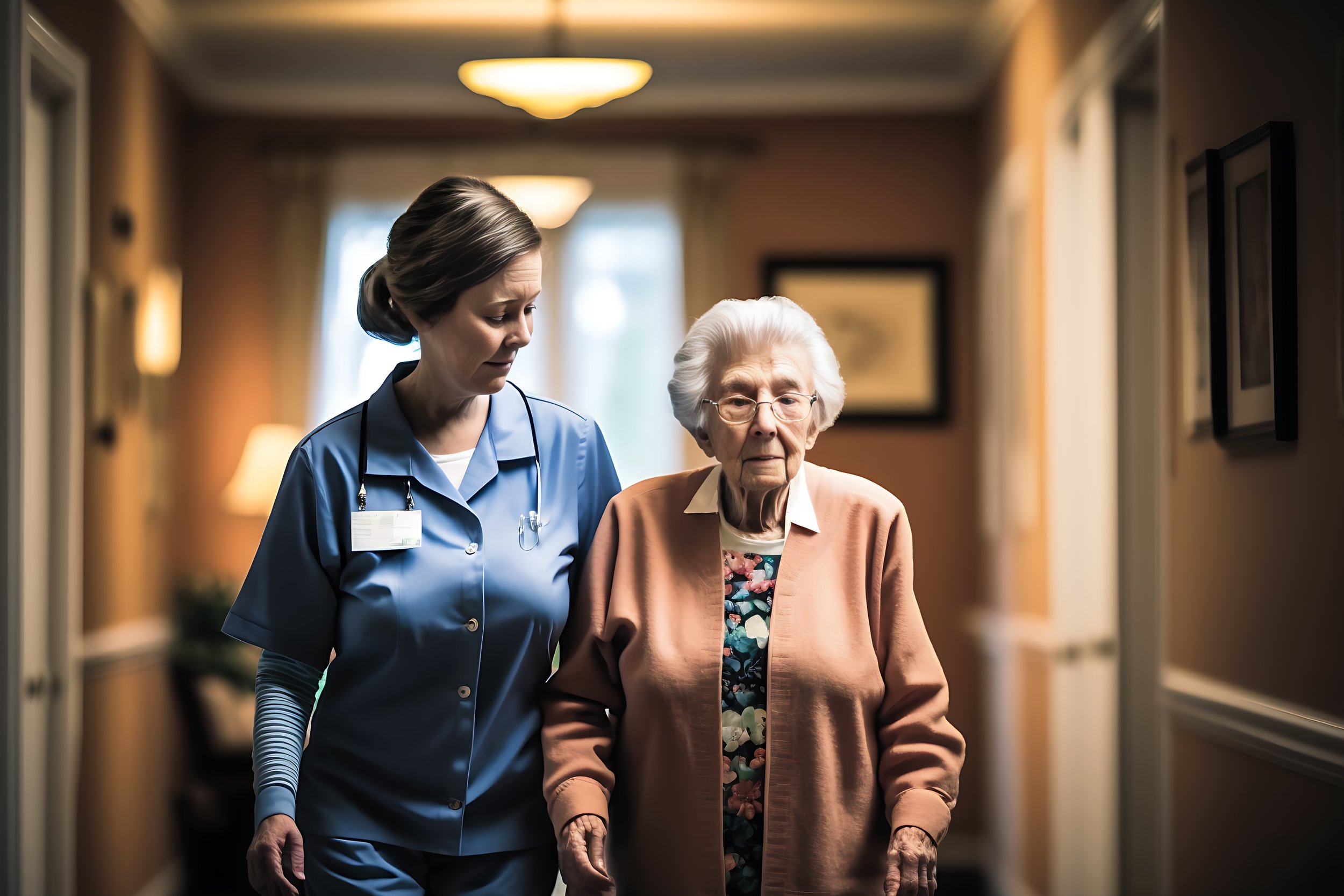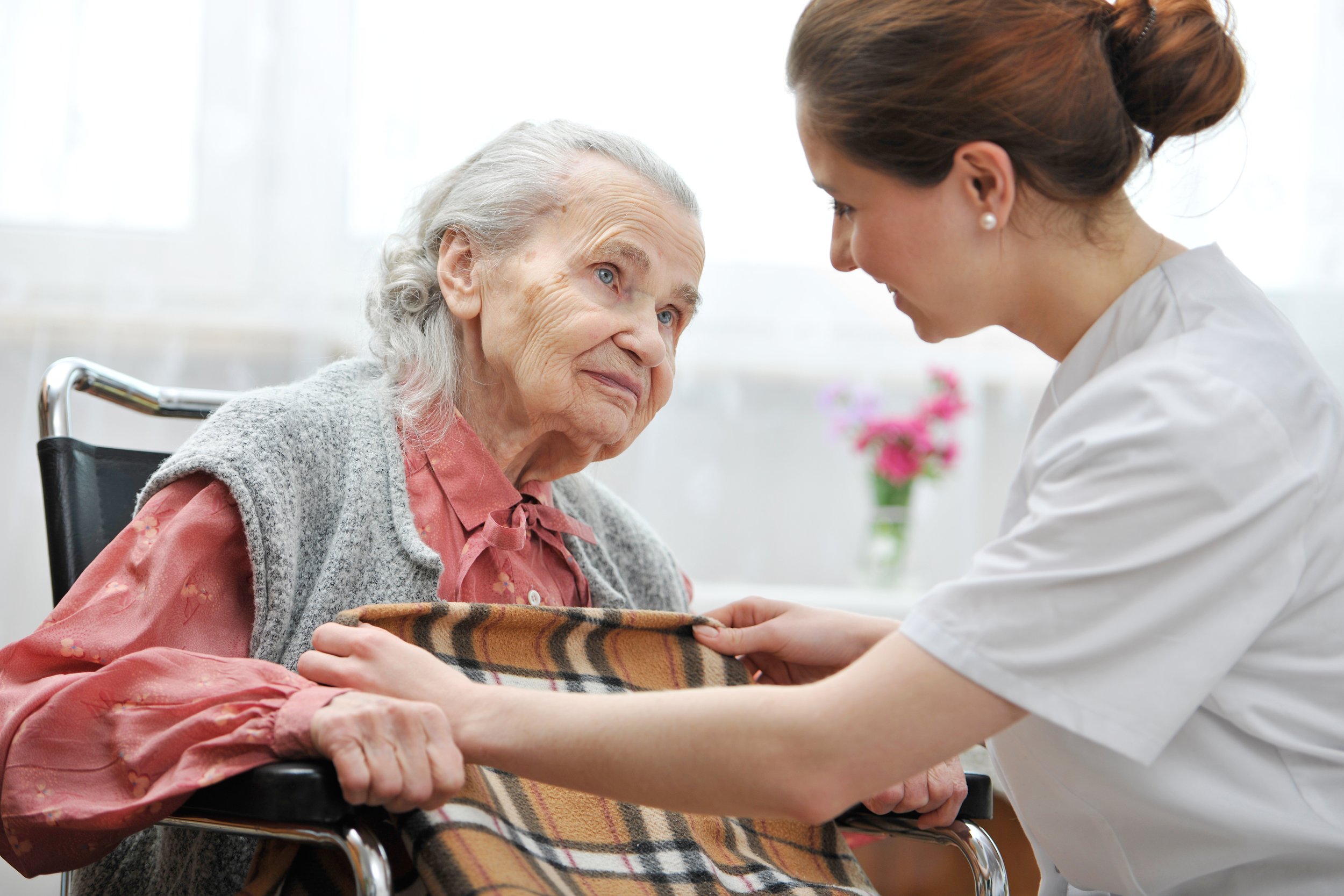The Importance of Skilled Nursing in Providing Quality Care for Older Adults
Skilled Nursing Care Defined
What is Skilled Nursing Care?
Skilled Nursing Care: is a type of medical care provided by a registered nurse or other qualified healthcare professional, typically in a hospital or nursing home setting. It involves the assessment, diagnosis, and treatment of physical and mental health conditions, as well as the provision of supportive care services. Skilled nursing may also include the administration of medications, wound care, and other specialized care.
What is the Importance of Skilled Nursing in Elderly Care?
Skilled nursing is a vital component of elderly care, particularly for older adults who require specialized medical attention and support. Trained and experienced nurses are equipped to provide comprehensive care to seniors with complex health needs such as diabetes, heart disease, dementia, and other chronic conditions.
These professionals work closely with physicians, therapists, and other healthcare providers to develop individualized treatment plans that address the unique needs of each patient. The role of skilled nursing in elderly care extends beyond just managing physical health concerns; these nurses also provide emotional support, education on healthy lifestyle habits, medication management, and much more.
In short, skilled nursing plays an essential role in ensuring that older adults receive the highest quality of care possible. By providing compassionate and knowledgeable assistance in both medical and personal contexts, these specialists help seniors maintain their independence while promoting optimal health outcomes.
Services Provided by Skilled Nurses
Medication Management
Skilled nursing services are an essential component of healthcare for older adults who require specialized care. One of the primary responsibilities of skilled nurses is medication management, which involves monitoring and administering medication to ensure that patients receive the right dose at the right time. This service is crucial for elderly care, as older adults often have multiple chronic conditions that require complex medication regimens.
Medication management by skilled nurses can significantly improve health outcomes for older adults, including reducing hospitalizations, decreasing complications from chronic diseases, and improving quality of life.
Wound Care
Wound care is another service that skilled nurses provide. As individuals age, their skin becomes thinner, which increases the risk of wounds and injuries. Skilled nurses play a crucial role in ensuring that these wounds are treated promptly and effectively.
Wound care services provided by skilled nurses include assessing the severity of the wound, cleaning the affected area, applying dressings or bandages, and monitoring for any signs of infection. They also educate patients on how to prevent further injuries and promote healing. Skilled nurses work closely with other healthcare professionals, such as doctors and physical therapists, to provide comprehensive wound care that addresses all aspects of a patient's health needs.
Rehabilitation Services
Skilled nursing professionals also provide comprehensive care to patients who need long-term medical attention. One of the many services provided by skilled nurses is rehabilitation, which helps older adults recover from illnesses or injuries and regain their independence. Skilled nursing facilities offer various types of rehabilitation services, including physical therapy, occupational therapy, and speech-language pathology.
Physical therapy helps seniors improve their mobility, balance, and strength through exercises and techniques that are tailored to their specific needs. Occupational therapy focuses on helping older adults perform daily activities such as bathing, dressing, eating, and grooming with ease. Speech-language pathology assists seniors in regaining their ability to speak clearly or swallow food without difficulty. Skilled nurses work closely with patients during the rehabilitation process to ensure that they receive personalized care that meets their unique needs while providing emotional support along the way.
Palliative Care
One of the many services offered by skilled nurses is palliative care. Palliative care aims to improve the quality of life for individuals with chronic or terminal illnesses by providing relief from symptoms and stress. This type of care is especially important for elderly individuals who may be experiencing pain or discomfort due to their health conditions.
Skilled nurses provide a wide range of palliative care services, including pain management, emotional support, and spiritual counseling. They work closely with patients and their families to develop personalized care plans that address not only physical symptoms but also emotional and social needs. Skilled nurses are trained to manage complex medical situations and can administer medications and treatments as needed.
Chronic Disease Management
Skilled nursing services play a vital role in the management of chronic diseases among older adults. As individuals age, they become more vulnerable to conditions such as diabetes, hypertension, heart disease, and arthritis. These chronic illnesses require ongoing care and monitoring to prevent complications and ensure optimal health outcomes.
Skilled nurses provide specialized care that supports elderly individuals in managing their chronic conditions effectively. They work closely with patients to develop personalized care plans that address their unique needs. This involves administering medications, monitoring vital signs, conducting health assessments, and providing education on self-care practices. Skilled nurses also collaborate with other healthcare professionals, such as physicians and therapists, to coordinate comprehensive care for older adults.
Hospice Care
Hospice care focuses on providing comfort and support to individuals who are nearing the end of their lives. Hospice care is provided by skilled nurses who possess the necessary expertise and training to address the complex medical needs of patients with terminal illnesses.
Skilled nurses play an essential role in hospice care as they work closely with physicians and other healthcare professionals to develop individualized treatment plans for patients. These plans may include pain management strategies, wound care, medication administration, and emotional support. Skilled nurses also provide family members with guidance on how to best care for their loved ones during this difficult time, offering education on topics such as nutrition and hygiene.
In addition to their clinical knowledge, skilled nurses bring compassion and empathy to their work in hospice care.
The Future of Skilled Nursing in Elderly Care
The future of skilled nursing in elderly care is rapidly evolving with advancements in technology and the changing demographics of an aging population. With the increase in life expectancy, the demand for skilled nursing facilities is expected to rise, and skilled nursing facilities will need to accommodate the changing needs of elderly patients. This means that skilled nursing facilities will need to adapt to a more patient-centered model of care to meet the unique needs of each resident.
Telemedicine and electronic health records will also play an important role in the future of skilled nursing facilities, as they will help streamline care and improve communication between healthcare providers. The use of robotics is also gaining momentum in skilled nursing facilities, as they can help with tasks such as lifting residents and providing rehabilitation services.
Additionally, there is a growing movement towards creating more home-like environments within skilled nursing facilities to promote a sense of community and improve the quality of life for residents. As the population ages, it is important to continue to innovate and improve the quality of care provided in skilled nursing facilities to ensure that elderly individuals receive the best care possible.










